In today’s rapidly advancing healthcare landscape, the industry faces an array of critical challenges, with two paramount among them being connectivity and the security of sensitive patient data. As healthcare providers, researchers, and professionals increasingly rely on digital technology to enhance patient care and streamline operations, the need for seamless, reliable, and secure connectivity has never been greater. Moreover, safeguarding patient data from cyber threats is an ever-pressing concern, given the rising frequency and sophistication of data breaches. In this complex environment, Private 5G Networks emerge as a beacon of hope for the healthcare industry. These robust, dedicated networks offer a transformative solution that not only addresses the connectivity needs of healthcare facilities but also strengthens data security protocols, ensuring that patient information remains confidential and protected from cyber vulnerabilities.
The healthcare industry faces a number of challenges in terms of connectivity and security of data. These challenges include:
- Limited bandwidth: Healthcare facilities often have limited bandwidth, which can make it difficult to support the increasing number of connected devices and applications.
- Unreliable connectivity: Healthcare facilities may be located in areas with poor cellular coverage or unreliable internet connectivity.
- Security vulnerabilities: Healthcare data is a valuable target for cybercriminals, and healthcare facilities need to take steps to protect their data from unauthorized access and theft.
Private 5G networks can help healthcare facilities overcome these challenges by providing high-speed, reliable, and secure connectivity. Private 5G networks can be customized to meet the specific needs of healthcare facilities, and they can be deployed in areas with poor cellular coverage or unreliable internet connectivity. Private 5G networks also offer a number of security features that can help protect healthcare data from unauthorized access and theft.
Here are some of the specific ways that private 5G networks can help healthcare facilities improve connectivity and security:
- High-speed connectivity: Private 5G networks can provide speeds that are up to 100 times faster than traditional cellular networks. This can be essential for supporting high-bandwidth applications such as remote patient monitoring and telemedicine.
- Reliable connectivity: Private 5G networks are designed to be more reliable than traditional cellular networks. This is because private 5G networks are not shared with other users, and they can be customized to meet the specific needs of the healthcare facility.
- Secure connectivity: Private 5G networks offer a number of security features that can help protect healthcare data from unauthorized access and theft. These features include encryption, authentication, and access control.
Overall, private 5G networks can provide a reliable and secure solution for the healthcare industry’s connectivity and security challenges.
Private 5G networks are a new and exciting technology that has the potential to revolutionize healthcare. With their high-speed, low-latency, and secure connectivity, private 5G networks can support a wide range of innovative healthcare applications, including remote patient monitoring, telemedicine, and mobile healthcare services.
Private 5G networks can have a transformative impact on several key areas within the healthcare industry, significantly enhancing connectivity and data security. Here are some of the key areas where Private 5G can work wonders:
Telemedicine and Remote Consultations:
- Connectivity: Private 5G ensures high-quality, low-latency connections for telemedicine, enabling real-time video consultations and remote diagnostics, even in rural or underserved areas.
- Data Security: Patient data exchanged during telemedicine encounters is encrypted and securely transmitted over the private network, reducing the risk of data breaches.
Remote Patient Monitoring (RPM)
- Connectivity: Private 5G enables continuous, real-time monitoring of patients’ vital signs and health metrics, ensuring that data is transmitted reliably and promptly to healthcare providers.
- Data Security: Patient health data collected through RPM devices is protected through robust security measures, reducing the risk of unauthorized access.
Surgical Robotics and Remote Surgery
- Connectivity: Private 5G networks offer ultra-low latency and high bandwidth, supporting surgical robotics and enabling remote surgeries where precise, real-time control is critical.
- Data Security: Private 5G ensures secure data transmission during surgical procedures, safeguarding patient information and surgical data.
IoT Devices and Wearables
- Connectivity: Private 5G networks can handle a multitude of IoT devices and wearables, allowing for seamless data collection, monitoring, and communication with healthcare systems.
- Data Security: Data generated by IoT devices and wearables are protected from interception and tampering through encryption and secure network protocols.
Healthcare Facilities
- Connectivity: Private 5G networks offer comprehensive coverage within healthcare facilities, ensuring that staff can access critical patient data and communicate seamlessly, even in complex hospital environments.
- Data Security: These networks enhance the security of electronic health records (EHRs) and patient information, reducing the risk of data breaches.
Medical Imaging
- Connectivity: Private 5G enables rapid and large-scale transmission of medical imaging data, facilitating timely diagnoses and collaboration among healthcare professionals.
- Data Security: Private networks ensure the confidentiality and integrity of sensitive medical images, protecting them from unauthorized access.
Mobile Healthcare Services
- Connectivity: Private 5G supports mobile healthcare services, including mobile clinics and diagnostic units, by providing reliable and high-speed connectivity in remote or mobile settings.
- Data Security: Patient data collected in mobile healthcare units remains secure, mitigating the risk of data exposure during transit.
Research and Development:
- Connectivity: Private 5G accelerates data exchange and collaboration among researchers and laboratories, expediting medical research and drug development.
- Data Security: Sensitive research data is safeguarded through advanced security measures, reducing the chances of intellectual property theft.
In all these areas, the implementation of private 5G networks not only enhances connectivity but also strengthens data security measures, making healthcare operations more efficient, effective, and secure. These networks play a pivotal role in advancing the quality of patient care and driving innovation within the healthcare industry.
Statistics and facts
- A recent study by Markets and Markets forecasts that the global private 5G market for healthcare will reach $1.6 billion by 2027, growing at a CAGR of 30% from 2022 to 2027.
- According to a report by Frost & Sullivan, private 5G networks can help hospitals reduce costs by up to 20%.
- A study by the University of California, San Francisco found that remote patient monitoring using private 5G networks can help patients with chronic conditions reduce their hospital admissions by up to 50%.
- A study by the University of Pittsburgh Medical Center found that telemedicine using private 5G networks can help patients with rural healthcare needs reduce their travel time by up to 75%.
Conclusion
Private 5G networks have the potential to revolutionize healthcare by providing the high-speed, reliable, and secure connectivity that is essential for a wide range of innovative healthcare applications. As private 5G networks become more widely deployed, we can expect to see even more innovative and transformative healthcare applications emerge.
Examples of private 5G networks being used in healthcare today
- Johns Hopkins Medicine: Johns Hopkins Medicine is using private 5G to support RPM for patients with chronic conditions such as heart failure and diabetes.
- University of California, San Francisco: UCSF is using private 5G to support telemedicine for patients with rural healthcare needs.
- Cleveland Clinic: Cleveland Clinic is using private 5G to support mobile healthcare services, such as mobile diagnostic labs and mobile pharmacies.
These are just a few examples of how private 5G networks are being used to improve healthcare today. As private 5G networks become more widely deployed, we can expect to see even more innovative and transformative healthcare applications emerge.
How Niral Networks an Ideal Partner for Healthcare Industry
Niral Networks is an ideal partner for enterprises and healthcare institutions for private 5G implementation at competitive pricing because of the following reasons:
- Expertise: Niral Networks has a deep understanding of private 5G networks and the unique needs of enterprises and healthcare institutions. Niral Networks’ team of experts can help customers design, deploy, and manage private 5G networks that meet their specific requirements.
- Competitive pricing: Niral Networks offers competitive pricing on its private 5G solutions. Niral Networks’ pricing is based on the unique needs of each customer and is designed to help customers save money on their private 5G investment.
- Scalability: Niral Networks’ private 5G solutions are scalable to meet the growing needs of enterprises and healthcare institutions. Niral Networks’ solutions can be easily expanded as customer needs change.
- Security: Niral Networks’ private 5G solutions are designed to be secure. Niral Networks uses a variety of security measures to protect customer data and networks.
- Support: Niral Networks offers comprehensive support for its private 5G solutions. Niral Networks’ support team is available to help customers with any questions or problems they may have.
In addition to the above, Niral Networks also offers a number of other advantages that make it an ideal partner for private 5G implementation, including:
- Open RAN support: Niral Networks supports Open RAN, which gives customers more flexibility and choice in their private 5G deployments.
- Cloud-native architecture: Niral Networks’ private 5G solutions are cloud-native, which makes them easy to manage and scale.
- Partner ecosystem: Niral Networks has a strong partner ecosystem, which gives customers access to a wide range of complementary products and services.
Overall, Niral Networks is an ideal partner for enterprises and healthcare institutions that are looking for a cost-effective and reliable way to implement private 5G networks. Niral Networks offers a comprehensive suite of solutions, expertise, and support that can help customers get the most out of their private 5G investment.
If you are considering implementing a private 5G network, contact us and Team Niral Networks is a partner that you should consider with Trust and confidence.





